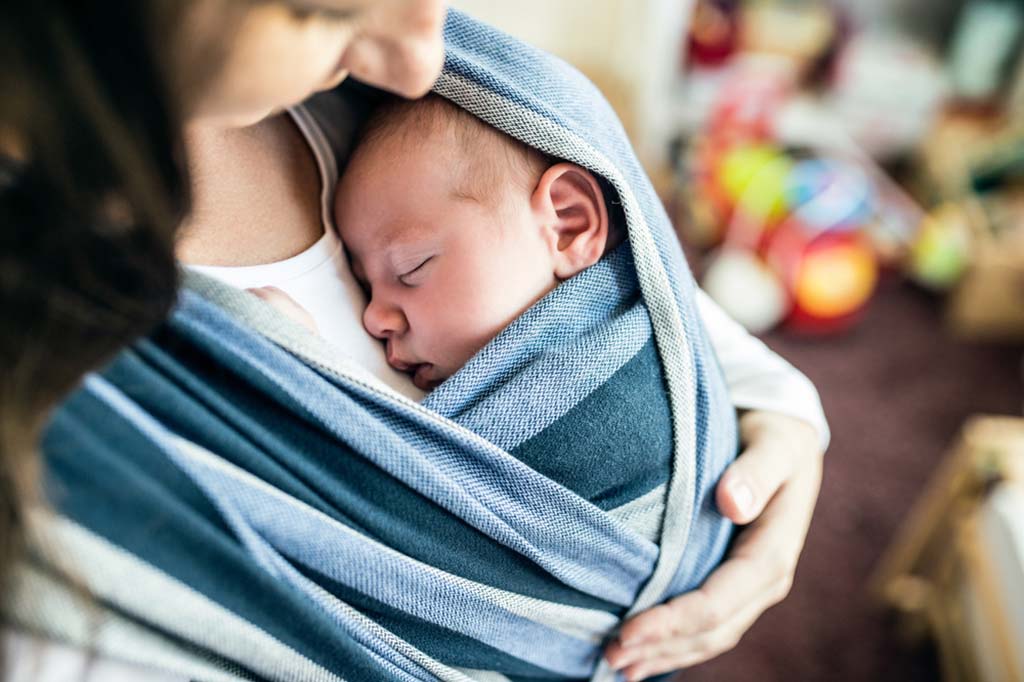Intimate partner violence and fear their children will be apprehended deter cisgender and transgender women, non-binary and Two-Spirit people from accessing harm-reduction services and increase their risk of dying from toxic drugs, a new study has found.
Interviews with 40 mothers and birthing parents who used women-only supervised consumption sites in Greater Vancouver found that stigma makes it difficult for them to feel safe accessing harm-reduction services.
This results in mothers and birthing parents using alone, not asking for support or not testing their drugs for fear of losing their children permanently, increasing their risk of toxic drug poisoning.
A reimagination of harm-reduction services and social services policies is needed to serve these parents and protect families, the researchers said.
“The threat of child apprehension and also experiences with partner and gender-based violence all contributed to a heightened risk of overdose for mothers, despite the scaling-up of harm reduction services,” said Jade Boyd, a lead author on the study published in the American Journal of Public Health.
British Columbia is currently losing about seven people to toxic drugs each day as the drug supply becomes increasingly potent and unpredictable.
Women make up about 21 per cent of deaths in B.C. First Nations women are 8.7 times more likely to die from poisoned drugs than non-Indigenous women, due to the intergenerational impacts of colonization, residential schools and drug policy. (The province doesn’t specifically report non-binary, trans or Two-Spirit people who die of toxic drug poisonings.)
Indigenous women and children are disproportionately surveilled, targeted and separated from their children by the child welfare system.
“Indigenous women are particularly impacted, and that's because of our colonial history in Canada with racist policies that extend into child services, and also into the regulation of Indigenous people and overcriminalization,” said Boyd, a researcher at the BC Centre on Substance Use and assistant professor in the University of British Columbia department of medicine.
“We equate substance use with being an unfit parent,” said Boyd. Yet the report found women were taking steps to keep their children safe with a trusted adult while they used and to ensure their children would not be taken.
This scrutiny intensifies for women who use criminalized substances and live in poverty and experience domestic and gender-based violence.
“The only reason I’m even using heroin is because it became so stressful that it was unbearable. I wanted to kill myself, I was in so much pain.... There wasn’t a second during the day when I didn’t feel completely fucking overwhelmed with grief,” said one mother whose two children are Indigenous. “It’s worse than residential school. They just changed the name. Residential school to adoption and foster care.”
Several participants described a catch-22 where substance use is a means of coping with the grief and trauma of being separated from their children, yet sobriety is expected as a condition of being reunited.
“They expect people to be sober and healthy in order to see their kids [after apprehension], but how are they supposed to be sober and healthy without their kids?” asked one interviewee.
This leads to many women using alone to hide their drug use, increasing their risk of toxic drug poisoning without someone there to call for help.
“Institutional practices that are oriented towards drug abstinence and punishment, like surveillance and drug testing, can potentially produce severe health-related outcomes like overdose and child and parent separation,” said Boyd.
Of the 40 women interviewed in the study, none lived with their children at the time and 15 had overdosed at least once within the last year. Thirty of the women had been incarcerated, which also increases the risk of overdose, and 31 had been homeless in the last year.
More than half had also been in foster care through the child welfare system themselves.
Boyd said her team’s findings highlight the need for women- and gender-minority-centred harm-reduction services, including a safe and regulated supply of drugs and culturally safe supports.
Combating stigma against mothers and parents who use substances will be key to reforming child apprehension practices and protecting families, she added.
“It’s great that we're doing some of these things, like having overdose prevention sites, but we need to look at larger root things like addressing poverty and colonial practices that continue today,” said Boyd.
“If we don't have culturally informed services, we're not going to be supporting Indigenous people who use drugs, and if we don't have child-friendly, or supportive, gender-attentive services, we're not going to be supporting women or gender-diverse people who use drugs.” ![]()
Read more: Health, Rights + Justice, Gender + Sexuality
















Tyee Commenting Guidelines
Comments that violate guidelines risk being deleted, and violations may result in a temporary or permanent user ban. Maintain the spirit of good conversation to stay in the discussion.
*Please note The Tyee is not a forum for spreading misinformation about COVID-19, denying its existence or minimizing its risk to public health.
Do:
Do not: